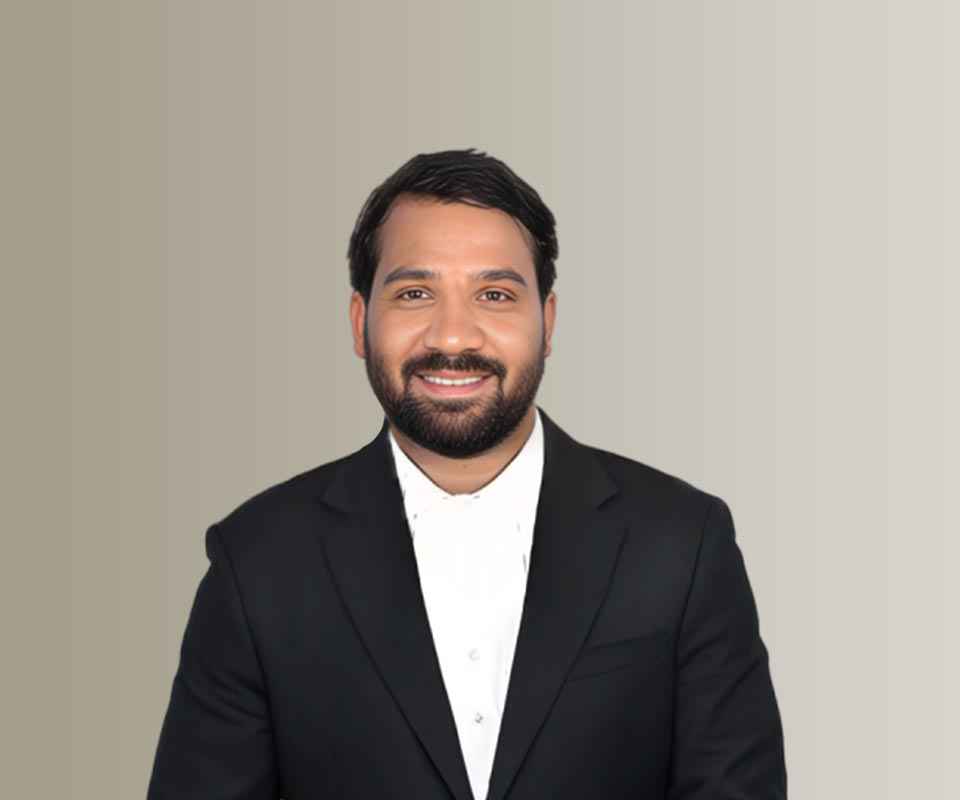Answer By law4u team
In most cases, parents have the primary right to make decisions about their child’s education, including choosing their school and enrolling them in extracurricular activities. However, the specific rights parents hold can depend on various factors, such as whether they are married or separated, whether they share joint custody or one parent has sole custody, and the best interests of the child.
Rights of Parents in Decision-Making:
Right to Choose the School:
Parents generally have the legal right to make decisions about their child's school. This includes selecting between public or private schools, choosing a specific school or educational institution, and determining whether to switch schools.
This right is typically shared between both parents, especially in cases where both have joint custody or both are actively involved in the child's life.
If there is a dispute between parents regarding which school to choose, the matter may need to be resolved through mediation or, in extreme cases, court intervention.
Right to Choose Extracurricular Activities:
Parents also have the right to decide which extracurricular activities (such as sports, music lessons, or clubs) their child should participate in. These decisions are generally considered part of the parents’ responsibility to provide for the child’s physical, emotional, and intellectual development.
This decision typically requires both parents’ consent if they share joint custody. If only one parent has sole custody, that parent generally has the authority to make decisions about extracurricular activities.
The child’s best interests will be a factor in determining whether such activities are appropriate, especially in cases of divorce or custody disputes.
Parental Rights in Cases of Separation or Divorce:
Joint Custody:
In cases where parents have joint custody, both parents generally share the responsibility for major decisions regarding the child’s education and extracurricular activities. This means both parents must agree on significant decisions like which school the child attends or whether the child should participate in specific activities.
In joint custody arrangements, if there is disagreement between parents, the decision might need to be mediated or decided by the court. Courts typically encourage both parents to be involved in important decisions for the child’s well-being.
Sole Custody:
If one parent has sole custody, that parent typically has the exclusive right to make decisions regarding the child’s education and extracurricular activities without needing the consent of the other parent. However, in some cases, the non-custodial parent may still have the right to be informed or consulted about educational choices, depending on the custody agreement.
For example, if one parent has sole physical custody, but both parents share legal custody, the parent with legal custody retains the authority to make decisions about education and extracurricular activities.
Impact of Custody Agreements:
The specific rights each parent holds in decisions related to education depend on the custody agreement or court order. A court may award sole legal custody to one parent, giving them decision-making authority. Alternatively, the court may decide on joint legal custody, where both parents are involved in major decisions.
Court intervention may occur if one parent is preventing the other from making important educational decisions or if a dispute arises over issues like the child’s school or extracurricular involvement.
The Child’s Best Interests:
In cases of custody disputes or disagreements about education and activities, the best interests of the child are the primary consideration. This means the court will weigh various factors such as the child’s academic needs, interests, and emotional well-being when making decisions about education and extracurricular activities.
Example: If a child expresses interest in a particular extracurricular activity but one parent opposes it, the court may consider whether the activity contributes to the child’s growth and development before making a decision.
Legal Considerations in Disputes:
Mediation:
When parents are unable to agree on decisions related to their child's education or extracurricular activities, mediation can be an effective way to resolve the dispute. Mediation involves a neutral third party helping the parents communicate and come to an agreement without going to court.
Mediation can be especially useful in joint custody situations, where both parents have equal say in educational decisions but might have differing opinions.
Court Decisions:
If mediation fails, the parents may need to go to court, where a judge will make the final decision. The judge will consider the child’s best interests and take into account factors such as the child’s needs, the parents’ ability to co-parent, and the parents’ involvement in the child’s education and extracurricular activities.
In cases of extreme disagreement or when a parent’s decision is believed to be harmful to the child’s well-being, the court may intervene to ensure the child’s rights and interests are protected.
Special Circumstances (Abuse or Neglect):
If there is evidence of abuse, neglect, or unfitness of one parent, the court may grant sole custody to the other parent, granting them full decision-making authority over the child’s education and extracurricular activities. The court will prioritize the child’s safety and welfare in such cases.
Examples:
Scenario 1: Joint Custody and School Choice
Parents share joint custody of their child. The mother wants to enroll the child in a private school, but the father prefers a public school. Since they have joint legal custody, both parents must agree on the school. If they cannot reach an agreement, they may need to attend mediation or, if necessary, seek a court ruling.
Scenario 2: Sole Custody and Extracurricular Activities
A father has sole legal and physical custody of his child, and he wants the child to take piano lessons. The mother, who has visitation rights, may not have the legal right to block this decision unless it significantly impacts the child’s well-being. The father can make the decision on his own.
Scenario 3: Dispute Over Extracurricular Activities in Divorce
A couple has recently divorced, and the mother wants to enroll the child in a sports program. The father opposes the idea, arguing that the child should focus more on academics. In this case, if they have joint legal custody, they must come to an agreement. If they cannot, the matter may go to court, where the judge will decide what is in the child’s best interests.
Conclusion:
Parents have the fundamental right to make decisions about their child’s education and extracurricular activities, but the specifics of these rights depend on the type of custody arrangement. In joint custody, both parents share the responsibility, while in sole custody, one parent typically has the authority. Disagreements between parents can be resolved through mediation or, if necessary, court intervention, with the child’s best interests always being the guiding principle.







